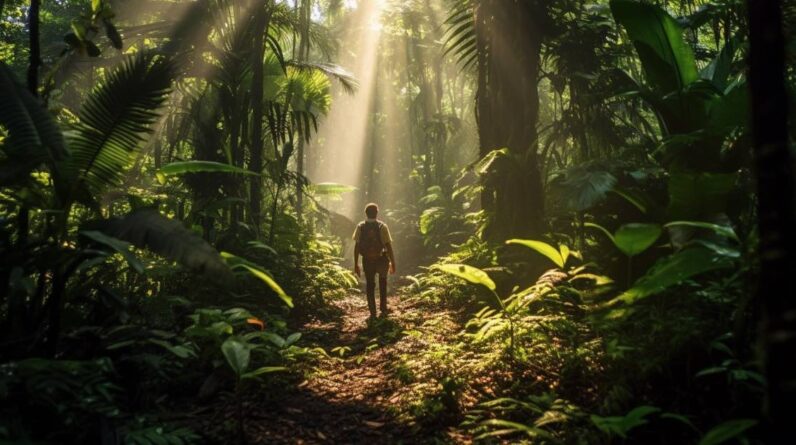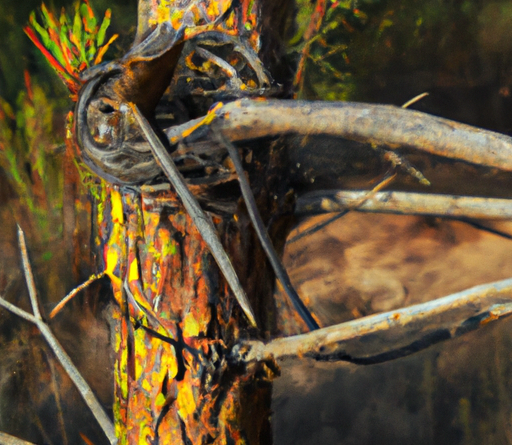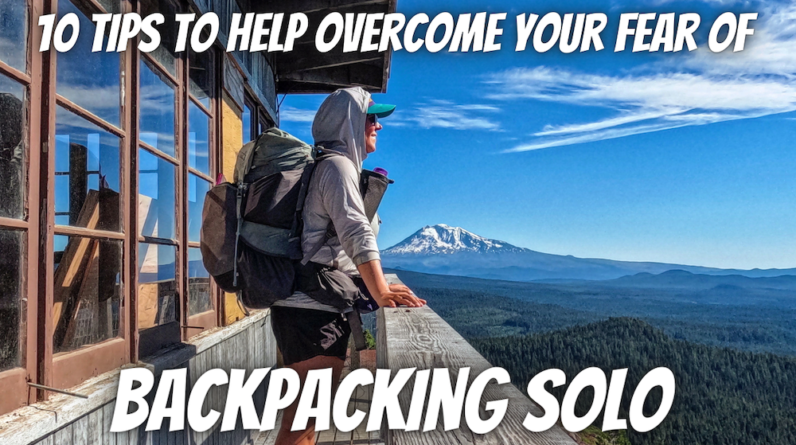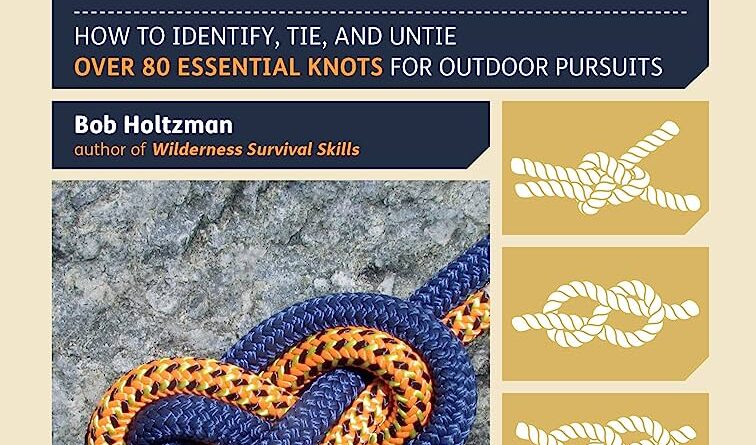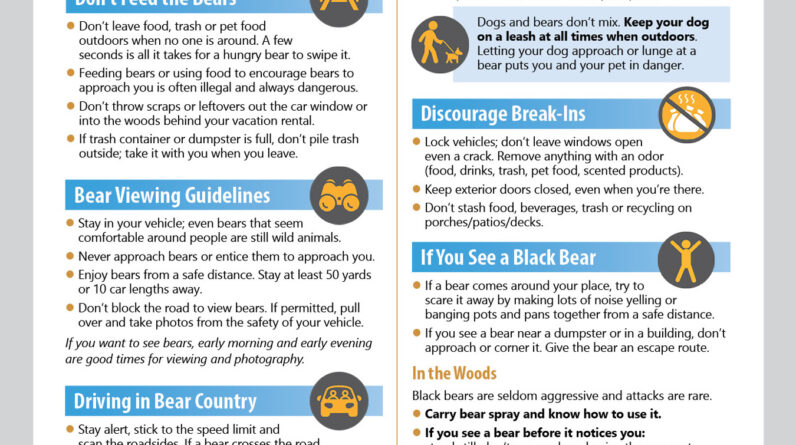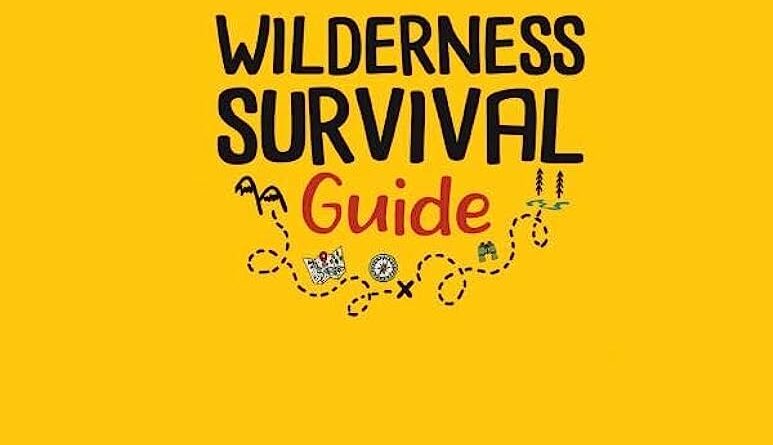
Outdoor survival tips for beginners
Welcome to the ultimate guide for outdoor survival tips! If you’re new to outdoor adventures, it’s essential to be prepared and equipped with the knowledge and skills to ensure your safety and enjoyment. Whether you’re planning a hiking trip, camping excursion, or any other outdoor activity, this guide will provide you with valuable insights and practical tips to help you navigate through the wilderness like a pro.
In this guide, we will cover a range of topics that are essential for outdoor survival, including basic navigation techniques, essential gear to pack, first aid tips, and much more. We’ll also delve into important aspects such as fire-building skills, finding clean water sources, and dealing with wildlife encounters.
Throughout this guide, we’ll share valuable advice from seasoned outdoor enthusiasts, as well as expert insights from survivalists. By the end, you’ll have a comprehensive understanding of the fundamentals of outdoor survival, empowering you to embark on your adventures with confidence.
So, whether you’re planning to hike, camp, or simply explore the great outdoors, get ready to learn the essential skills and knowledge necessary for a safe and enjoyable experience. Let’s dive in and discover the ultimate guide to outdoor survival!

Understanding the Importance of Outdoor Survival Skills
Why outdoor survival skills are crucial for beginners
If you’re new to outdoor activities like camping or hiking, understanding and learning outdoor survival skills is absolutely crucial. These skills equip you with the necessary knowledge and techniques to tackle unexpected situations that may arise during your adventures. From being prepared for sudden weather changes to knowing how to navigate through unfamiliar terrain, these skills ensure your safety and enhance your overall outdoor experience.
The benefits of learning outdoor survival skills
Learning outdoor survival skills offers a multitude of benefits for beginners. Firstly, it boosts your confidence and self-reliance knowing that you have the skills to handle unexpected challenges. You will be more resourceful and better equipped to adapt to various wilderness scenarios. Additionally, these skills instill a sense of responsibility and respect for nature, as you learn how to minimize your impact on the environment and preserve it for future generations. Outdoor survival skills also foster personal growth, as they teach you problem-solving, decision-making, and teamwork, which can be applied in various aspects of life.
acquiring outdoor survival skills is essential for beginners embarking on outdoor activities. Not only do these skills promote safety and preparedness, but they also empower individuals, cultivate a connection with nature, and foster personal development. So, start learning and honing your outdoor survival skills today!
Preparing for Outdoor Adventures
When you’re venturing into the great outdoors, it’s important to be prepared for whatever comes your way. By taking the time to gather the right gear, clothing, and knowledge about nutrition and hydration, you’ll set yourself up for a safe and enjoyable experience.
Essential gear and equipment for outdoor survival
Before setting off on your adventure, make sure you have the essential gear and equipment to handle any situation. This includes a reliable map and compass, a sturdy and multi-purpose knife, a first aid kit, a waterproof shelter, and a waterproof fire starter. These items will help you navigate, stay safe, and provide essential resources in case of emergencies.
Selecting appropriate clothing and footwear
Proper clothing and footwear are crucial to staying comfortable and protected while outdoors. Layering is key, starting with a moisture-wicking base layer, followed by insulating layers, and finished off with a waterproof outer layer. It’s also important to choose footwear that is sturdy, waterproof, and provides good ankle support to prevent injuries.
Understanding the importance of nutrition and hydration
Maintaining proper nutrition and hydration is essential for your physical and mental well-being in the outdoors. Carry lightweight and high-energy food options such as energy bars, nuts, and dried fruits. Stay hydrated by drinking water regularly, even if you don’t feel thirsty. Consider investing in water purification methods to ensure a safe drinking supply.
By being well-prepared with the right gear, clothing, and knowledge about nutrition and hydration, you’ll be ready to tackle any outdoor adventure that comes your way. So pack your bags and get ready to explore nature’s wonders!
Navigating and Orienteering
When you venture into the great outdoors, one of the most important skills you need to learn is how to navigate and orienteer. Getting lost in the wilderness can be a daunting experience, but with the right knowledge and tools, you can confidently find your way back to civilization.
Using a compass and map to navigate
A compass and map are essential tools for any outdoor adventurer. A compass helps you determine your direction, while a map provides a visual representation of your surroundings. By understanding how to read a compass and map, you can accurately navigate through unfamiliar terrain. It’s important to learn how to align the compass with the map, interpret symbols, and measure distances. Practice using these tools before your outdoor excursion to build confidence and proficiency.
Identifying and following natural landmarks
Nature provides us with a variety of unique features that can serve as excellent navigational aids. Mountains, rivers, lakes, and distinctive trees can all be used as landmarks to help you find your way. By taking note of these landmarks and their relation to your position on the map, you can create a mental picture of your route and easily stay on track.
Understanding basic orienteering techniques
Orienteering involves using a combination of map reading, compass skills, and on-the-ground observation to navigate in unknown areas. This skill requires you to stay constantly aware of your surroundings, analyzing and adjusting your route as needed. Basic orienteering techniques include “aiming off” and “handrail navigation,” which involve intentionally deviating from your intended path and using distinct features as reference points to ensure you’re still on course.
By mastering the art of navigating and orienteering, you can explore the great outdoors with confidence, knowing that you have the skills necessary to find your way back home.
Building a Shelter
Outdoor survival skills are crucial for anyone venturing into the wilderness, especially beginners. One of the primary skills you need to master is building a shelter when you find yourself in an emergency situation. Knowing how to find suitable shelter locations, construct different types of shelters in various environments, and handle adverse weather conditions can mean the difference between life and death.
Finding Suitable Shelter Locations
When searching for a suitable shelter location, look for natural features that can provide protection, such as caves, overhanging rocks, or dense foliage. Avoid low-lying areas prone to flooding and areas with the risk of falling debris. Look for signs of animal activity, as they often know the best spots for shelter.
Constructing Different Types of Shelters in Various Locations
Learning how to build different types of shelters is essential. In forested areas, a debris shelter created with branches and leaves can provide decent protection. In open spaces, consider constructing a lean-to shelter against a sturdy tree or using a tarp to create a makeshift tent. Remember to insulate your shelter with natural materials like leaves or moss to keep warm.
Dealing with Adverse Weather Conditions
When confronted with adverse weather conditions, it is crucial to adapt your shelter accordingly. In strong winds, reinforce your shelter by adding additional support or finding natural windbreaks. During heavy rainfall, ensure your shelter has proper drainage and consider building a raised bed to stay dry.
By understanding the importance of finding suitable shelter locations, constructing a variety of shelters, and adapting to adverse weather conditions, you are better equipped to survive the challenges of the outdoors. Stay prepared and be resourceful – your survival may depend on it.
Obtaining Safe Drinking Water
When venturing into the great outdoors, one of the most essential aspects of outdoor survival is ensuring you have access to safe drinking water. In this section, we will explore ways to identify and purify water sources as well as techniques for water collection and storage.
Identifying and purifying water sources
In unfamiliar territory, it can be challenging to determine whether water sources are safe for consumption. To ensure your water is free from harmful contaminants, look for clear flowing streams or rivers. Avoid stagnant water, which may harbor bacteria and parasites. If no running water is available, you can dig a hole near a water source and allow it to fill up and filter the water through a clean cloth to remove sediment.
Once you locate a potential water source, it is crucial to purify it. Boiling water for at least five minutes is a reliable method to kill most harmful microorganisms. Alternatively, you can use water purification tablets or portable water filters to remove bacteria and viruses.
Water collection and storage techniques
To maximize your water supply, consider setting up rain catchment systems using tarps or natural depressions. Collecting rainwater during storms or overnight condensation can provide a valuable water source. Additionally, storing water in clean containers, such as collapsible water bottles or water bladders, will ensure you have a sufficient supply on hand.
Remember, obtaining safe drinking water is crucial for your survival in the outdoors. By identifying and purifying water sources and employing effective collection and storage techniques, you can stay hydrated and minimize the risk of waterborne illnesses during your outdoor adventures. Stay safe and enjoy exploring nature!

Fire Building and Campsite Safety
When it comes to outdoor survival, knowing how to build a fire and ensure campsite safety are essential skills to learn. After all, fire is not only a source of warmth but also a means to cook food and signal for help if necessary. In this section, we will explore different methods of starting a fire, how to maintain and manage a safe campfire, and important safety measures to prevent accidents.
Different methods of starting a fire
There are several ways to start a fire in the wilderness. You can use traditional methods such as the bow drill or the hand drill, which require friction to create a spark. Alternatively, you can opt for more modern techniques like using a firestarter or matches. Whatever method you choose, it’s crucial to practice beforehand and gather plenty of dry tinder and kindling to get your fire going.
Maintaining and managing a safe campfire
Once your fire is lit, it’s important to maintain it properly. Keep in mind that the campfire should be built in a designated area away from any flammable materials. Regularly add small pieces of firewood to keep the flames alive, but be mindful of overloading the fire. Make sure to never leave the campfire unattended and fully extinguish it before leaving the campsite.
Important safety measures to prevent accidents
To ensure campsite safety, always follow these important safety measures. Firstly, be cautious when handling fire and never leave children unsupervised near the campfire. Secondly, use a fire ring or a fire pit to contain the flames. Thirdly, have a bucket of water or a fire extinguisher nearby in case of emergencies. Finally, remember to check local regulations and restrictions regarding fire use in the area where you are camping.
fire building and campsite safety are crucial aspects of outdoor survival. By familiarizing yourself with different fire-starting methods, maintaining a safe campfire, and taking important safety measures, you can enjoy the benefits of fire while minimizing the risks associated with it. Stay prepared, stay safe, and have a great outdoor adventure!
Conclusion
Congratulations! You have reached the end of this ultimate guide for outdoor survival tips for beginners. We hope that you have found the information provided helpful and that it has given you a good understanding of what it takes to survive in the great outdoors.
Throughout this guide, we have covered a wide range of topics to ensure that you are well-prepared for any unexpected situations that may arise. From essential survival skills like building a shelter and finding clean water, to important safety measures such as navigation and signaling for help, we have provided you with the knowledge and tools necessary to survive in the wilderness.
Remember, being prepared is key. Always make sure to pack the necessary supplies, such as a first aid kit, food, water, and appropriate clothing. Stay calm and assess the situation before making any decisions. Utilize the resources available to you, such as maps and compasses, to navigate your way back to safety.
We encourage you to practice these tips and techniques in a controlled environment before venturing out on your own. With time and experience, your skills will improve, and you will become more confident in your ability to handle outdoor survival situations.
Stay safe and enjoy exploring the great outdoors!



